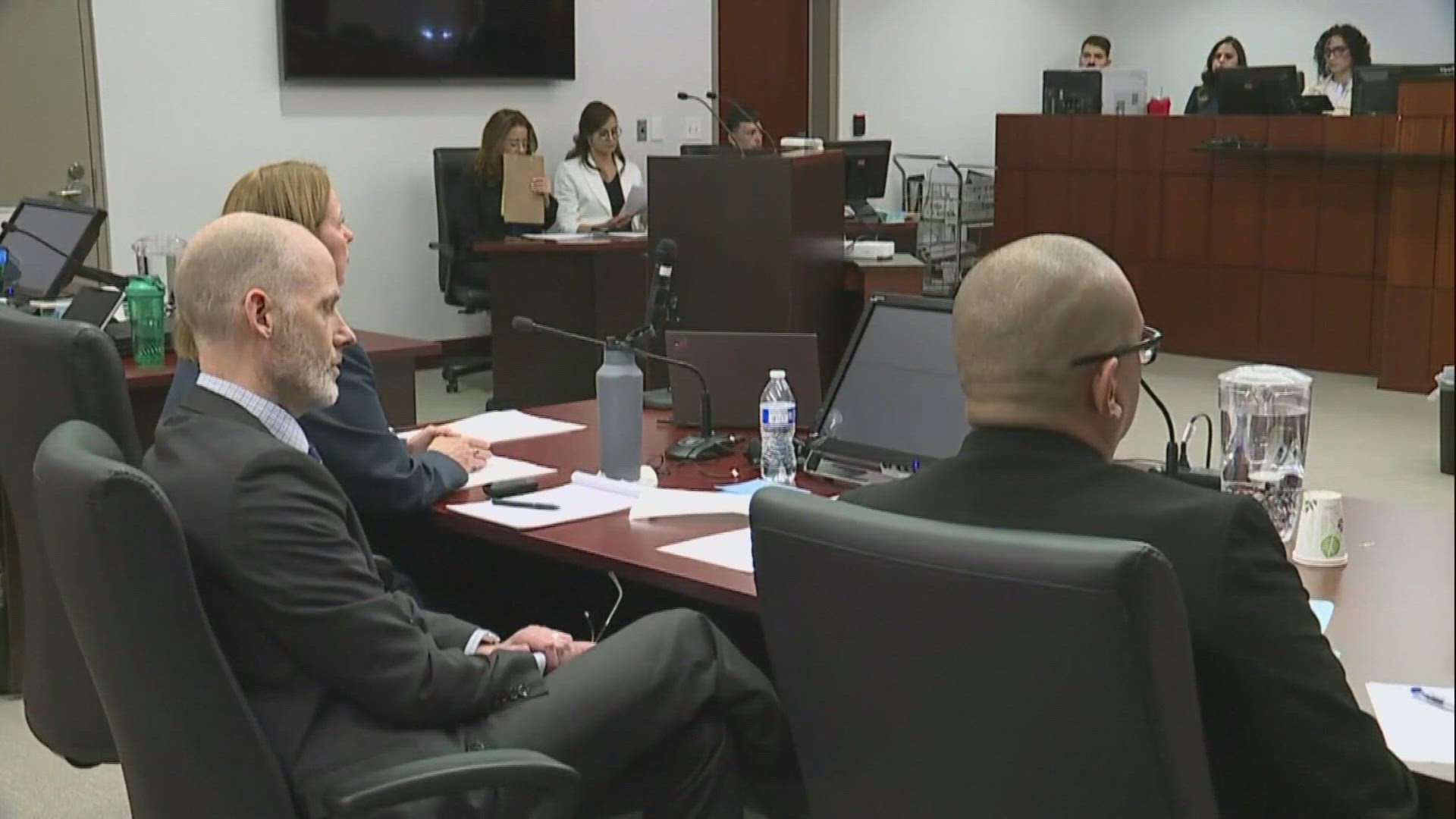PHOENIX — George Kelly, a rancher from southern Arizona is facing a second-degree murder charge.
He'd been accused of shooting at a group of migrants on his property in 2023, striking and killing one man.
Kelly's trial started late in March and it took nearly a month before the jury was ready to deliberate. But after more than 15 hours of deliberation, Santa Cruz County Superior Court Judge Thomas Fink declared a mistrial. The bullet that killed 48-year-old Gabriel Cuen-Buitimea was never found, and the jury couldn't reach a verdict.
Many people who followed the case were left wondering what came next. For some, it wasn't clear what a mistrial even meant. Was Kelly off the hook?
By definition, a mistrial is a trial that "has no legal effect with regard to one or more of the charges." They're occasionally called a serious error or prejudiced misconduct happens in the legal process, hindering a fair and impartial judgement.
But most often, it's caused by what happened in Kelly's trial: the jury couldn't reach a unanimous verdict — also known as a hung jury.
In the event of a mistrial, the defendant is neither convicted or acquitted. The case just hangs in limbo, which opens a few options for those involved. The court may schedule a new trial with a different jury, or parties may lean towards exploring settlement options. Cases are often further reviewed and reassessed, and both sides of the case adjust their strategies in response.
For Kelly, the mistrial seems to be a frustrating win. Kelly's defense attorneys called the mistrial the second-best outcome, Sarah Lapidus with the Arizona Republic reported, even as they bemoaned how long the case was taking.
Now, it's down to the prosecution to decide what comes next. The Santa Cruz County Attorney's Office will meet with the court on Monday, April 29 to decide whether or not to retry the case.
>> Download the 12News app for the latest local breaking news straight to your phone.
UP TO SPEED
Catch up on the latest news and stories on our 12News YouTube playlist here.

